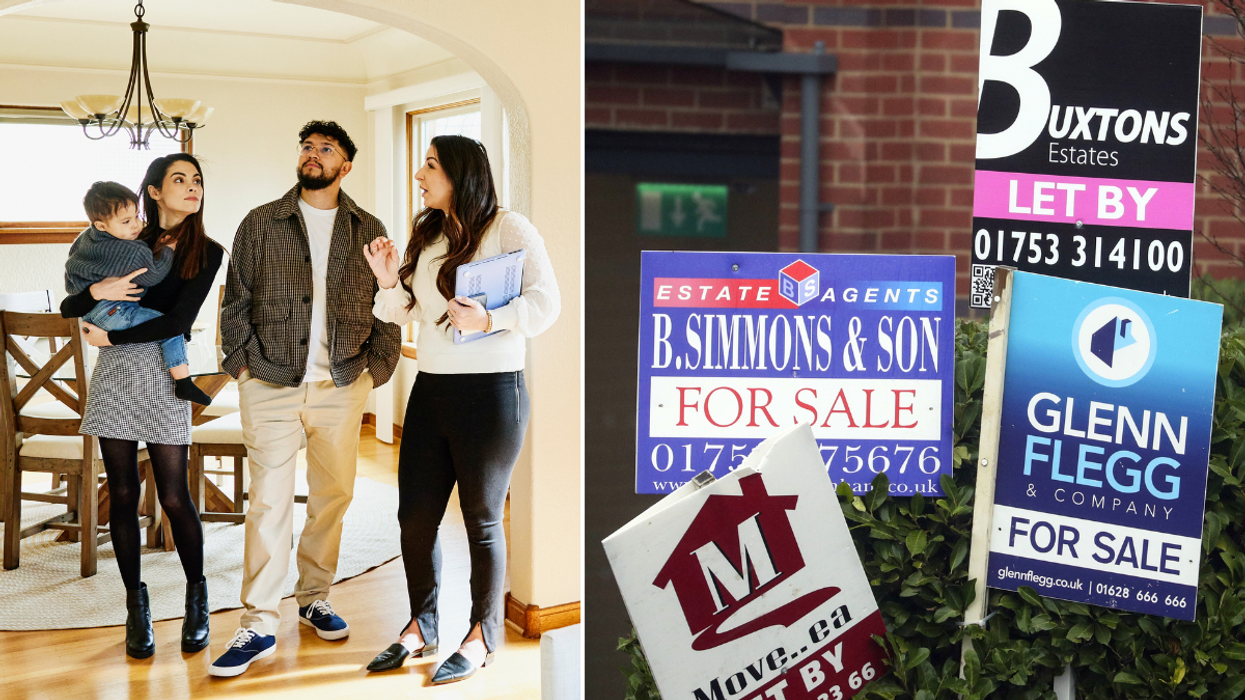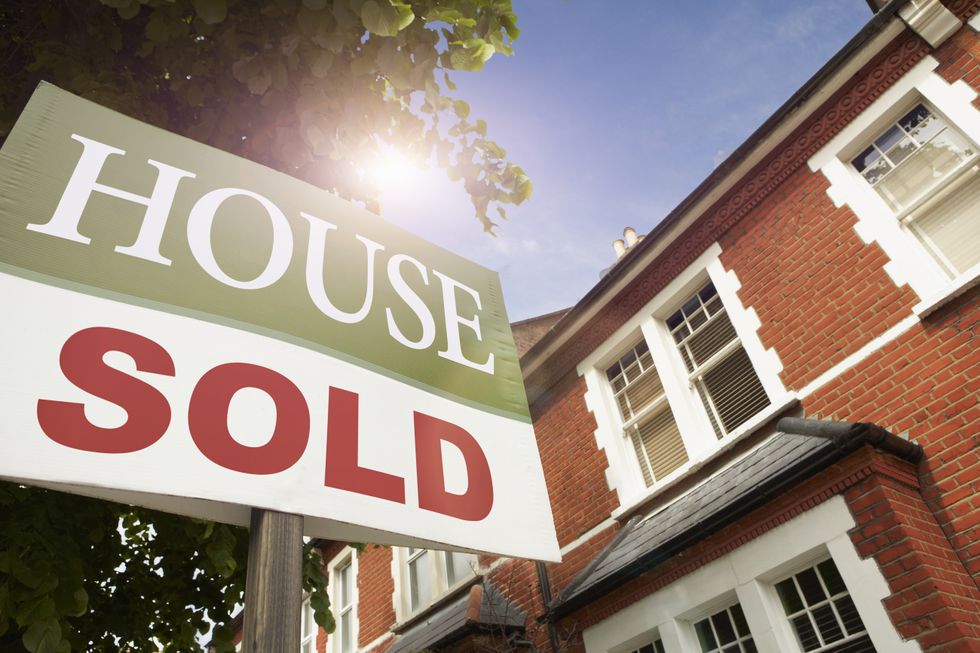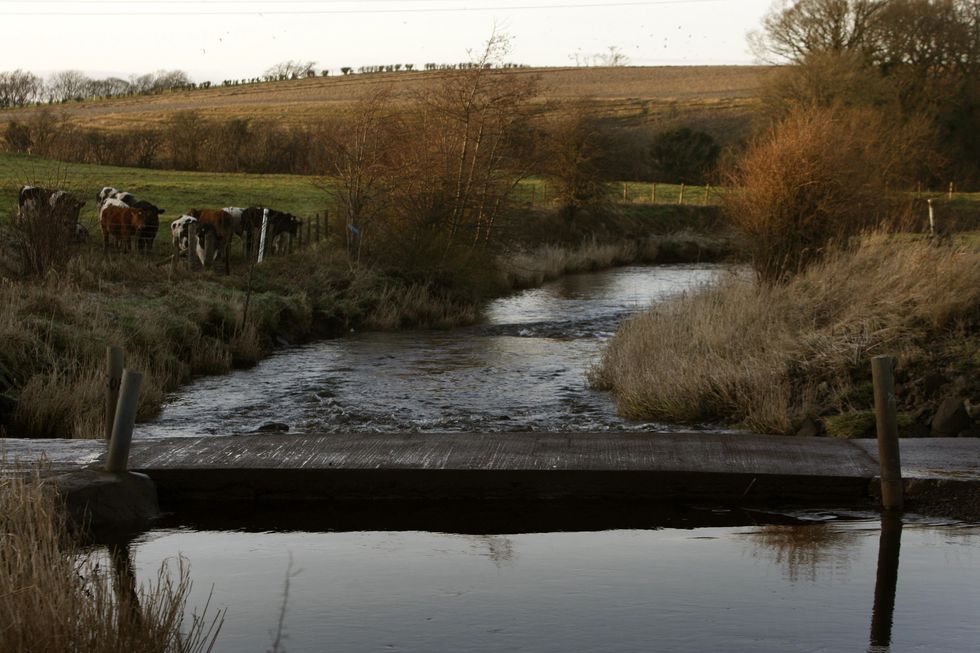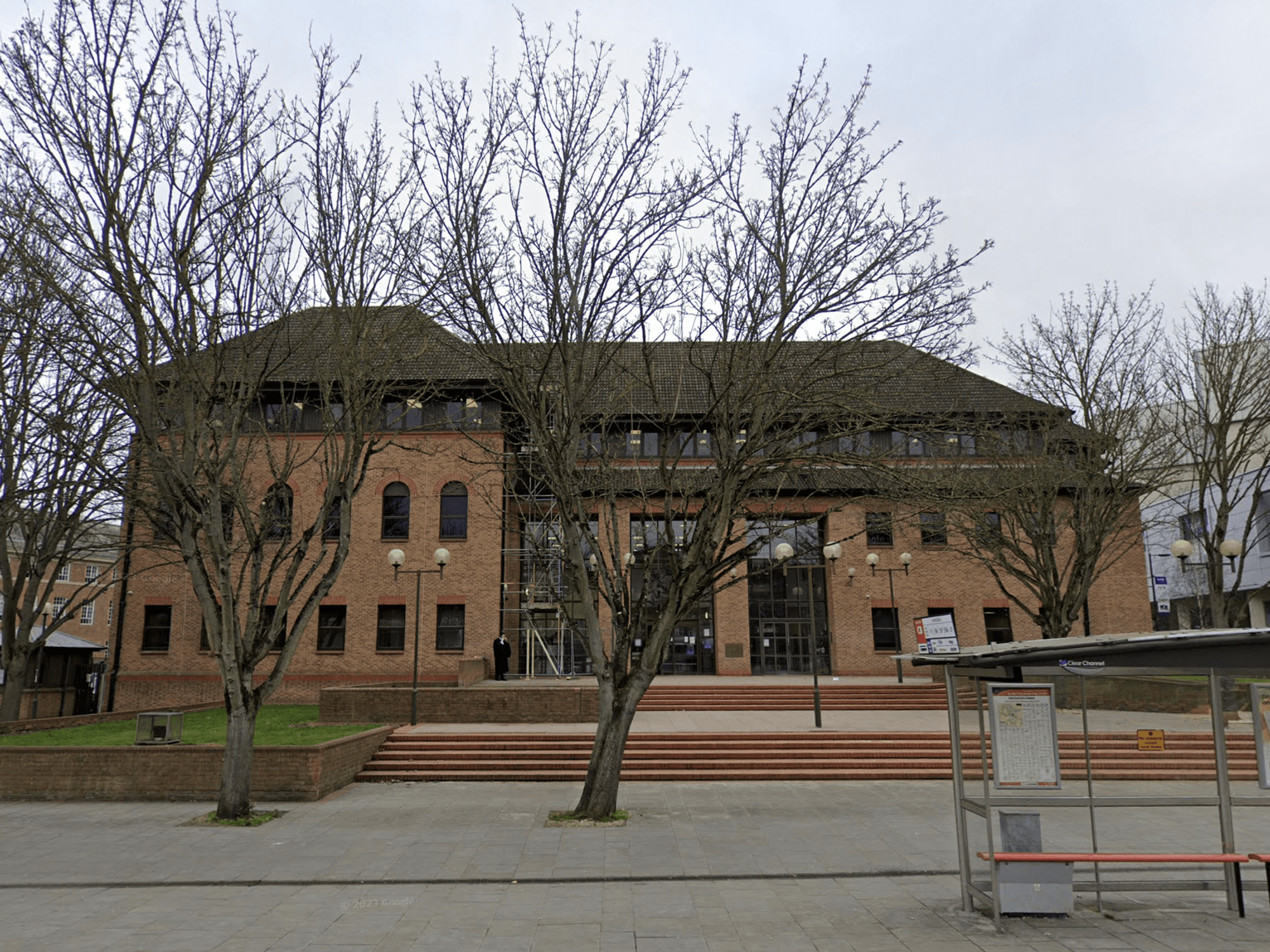UK regions where house prices have jumped most in five years - is your area on the list?

Property values have increased the most in rural areas
| GETTY/PA
House prices have crept up across the UK this month but rural regions have seen the biggest jump over the last five years
Don't Miss
Most Read
Latest
The average UK property price now stands at £264,249, according to the Nationwide House Price Index released today.
Some areas have seen better growth than others over the last five years.
The UK's average house prices rose 0.4 per cent month on month, with an annual increase of 1.3 per cent.
Nationwide's chief economist Robert Gardner commented: "The market appears to be showing signs of resilience in the face of ongoing affordability pressures following the rise in longer-term interest rates in recent months."

House prices have climbed slightly month on month
| GETTYThe figures show stability in the property market and recent data by Nationwide revealed which areas are doing better than others.
Analysis showed which parts of the UK climbed the most in value between December 2018 and December 2023 to find rural spots had the most success.
Many of the areas with the biggest growth were in Scotland or the north of England.
Eilean Siar and East Renfrewshire in Scotland saw the biggest jumps, with a 13 per cent and 10 per cent climb respectively.
Biggest house price increases over five years
Eilean Siar, Scotland - £158,638, up 13%
East Renfrewshire, Scotland - £304,160, up 10%
South Hams, S West - £425,284, up 6%
Midlothian, Scotland - £236,601, up 6%
West Lancashire, N West - £236,460, up 5%x
East Devon, S West - £357,534, up 5%
East Dunbartonshire, Scotland - £271,624, up 4%
Winchester, S East - £490,588, up 4%
Newcastle upon Tyne, N East - £196,297, up 4%
Rossendale, N West - £210,065, up 4%
Nationwide's senior economist Andrew Harvey said: “Our latest analysis suggests that average house price growth in local authorities classified as predominately rural has continued to outpace those of other areas.
"Between December 2018 and December 2023, average prices in predominately rural areas increased by 22 per cent, compared with 17 per cent in predominately urban areas. Local authorities classified as ‘urban with significant rural’ saw price growth of 19 per cent over the same period.
“Average house prices across both urban and rural areas declined a little overall during 2023, which reflects the rise in borrowing costs, which have added to affordability pressures.
LATEST DEVELOPMENTS

Properties in East Renfrewshire have increased the most over five years
|PA
“Despite rural areas performing better overall, only eight out of the 20 top performing local authorities in 2023 were classed as predominantly rural. Nonetheless, this does include a number of tourist hotspots such as Devon (South Hams and East Devon) and Westmorland & Furness in the Lake District.
"This suggests some of the demand may be being driven by those buying holiday or second homes. Indeed, ONS data suggests second home ownership is significantly above average in South Hams.
“We’ve used the ONS’ broad rural-urban classification, which looks at the proportion of the population in local authorities living in different area types. In local authorities classed as ‘predominantly rural’, more than half of the population live either in rural settlements or market towns.
"In authorities classed as ‘urban with significant rural’, between 26 per cent and 49 per cent of the population live in either rural villages or market towns. In ‘predominantly urban’ local authorities, 75 per cent or more of the population are either in towns or cities."










